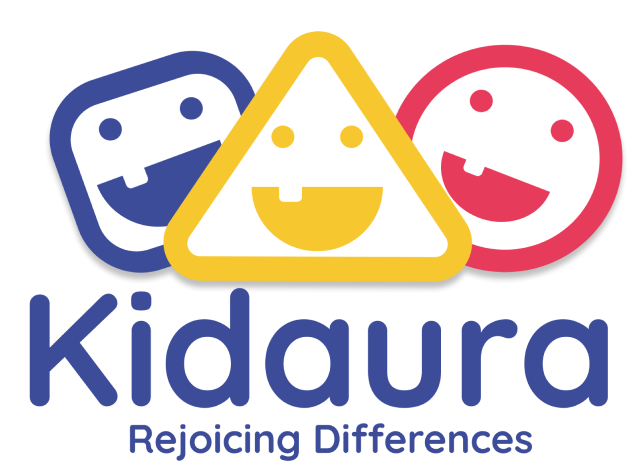Debunking myths and misconceptions about autism
Published by Madhushree
a year ago
Autism, also known as Autism Spectrum Disorder is a neurodevelopmental disorder affecting communication, behavior, and social interaction. It typically appears in early childhood showing various symptoms such as sensory and motor issues, repetitive behavior, and difficulty in communication. This condition affects people in different ways and in different intensities. As a lifelong condition, it becomes practical to provide therapy and interventions in the early stage of life in order to better manage symptoms and improve their quality of life.
It is a complex and often misunderstood condition that has been surrounded by myths and misconceptions for years. In this blog post, we will debunk some of the most common myths about autism and spread awareness about the same.
Here you can see some of the myths about autism:
People with autism are intellectually disabled
It is often the case that many have a stereotypical view that Autism equates, to at least some degree, to intellectual disability. This is a particularly strongly held belief towards Autistic children/adults who communicate non-verbally. Often correlating with this false belief, it is the equally damaging belief that the child/adult has a limited ability to learn and will continue to have limited abilities across their lifespan. This is a harmful misconception that fails to recognize the diversity of abilities and strengths among individuals with autism. In fact, many people with autism have average or above-average intelligence, and some may even have exceptional abilities in certain areas. It is important to challenge this myth and promote a more accurate understanding of autism.
Autism is caused by vaccines
There is no evidence to support a link between vaccines and ASD. The widespread fear that vaccines increase the risk of autism originated with a 1997 study published by Andrew Wakefield, a British surgeon. The American Academy of Pediatrics has compiled a list of research studies that demonstrate there is no link between vaccines and ASD. Although there is no evidence that vaccines cause ASD, there are certain environmental and genetic factors that are associated with a higher risk of ASD due to their effect on brain development.
People with autism can’t understand the emotions of others
Autism impairs the social interactions of the individual. This does not mean that they don’t want to socialize. They may seem unfriendly or reluctant on the outside, but this results from the fact that they struggle greatly with social skills and are unable to communicate their feelings. While autistic people may have difficulty expressing their emotions or interpreting the emotions of others, they are fully capable of experiencing empathy. In fact, some autistic people may experience emotions more intensely than non-autistic people.
You can Cure Autism
There is no cure for autism, and it is not something that can be "fixed" or "cured." However, there are interventions and therapies that can help autistic people manage their symptoms and improve their quality of life. These interventions can include behavioral therapy, speech therapy, and occupational therapy. Several approaches can help to improve social functioning, learning, and quality of life for both children and adults with autism. Remember that autism is a spectrum-based condition. Some people may need little to no treatment, while others may require intensive therapy.
We hope this blog post has helped you in debunking the myths about autism. It is important to keep in mind these myths must remain myths, and we as a society must spread awareness of the condition of autism with the right knowledge and information.
Share via

© 2019-2024 Kidaura, All Rights Reserved




